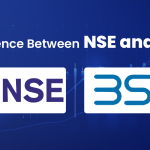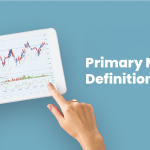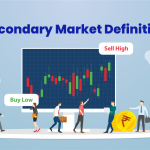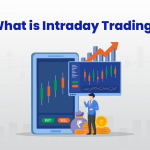Commodities are essential farming goods and raw materials that the world economy needs.
Commonly bought and sold on exchanges, these things include metals, energy, and agricultural goods. Unlike made things, commodities are standard and can be used in place of each other. In
other words, the market treats all units equally, no matter who made them. Anyone interested
in world trade, economics, or investment must know how the commodity works.
Different Kinds Of Commodities
There are four main types of commodities:
● Power: Oil, natural gas, coal, and energy are all part of this group. Energy goods are
necessary to run homes, businesses, and transportation worldwide.
● Metals: Heavy metals like copper, aluminum, and steel, as well as precious metals like
gold, silver, and platinum, are in this group. Metals are essential for technology,
building, and industry.
● Agriculture: In this group are foods like rice, corn, and wheat, as well as animals and
goods like sugar, cotton, coffee, and corn. For food supply and the textile business, the
farming commodity is essential.
● Farm animals and meat: Live cattle, pork bellies, and other animal goods are part of this
group. Livestock products are an essential part of the food supply line.
How To Buy And Sell Commodities
Common places to trade commodities are commodity markets. Here, people who want to buy
or sell meet to do business based on the present market prices. It is the Chicago Mercantile
Exchange (CME), the New York Mercantile Exchange (NYMEX), and the London Metal Exchange
(LME) that people know the most about.
● Spot markets: People go to spot markets to buy and sell goods for quick delivery. The
market factors at the time of the transaction define the price.
● Markets for Futures: The agreement to send the commodity later is the basis for
futures market transactions. It lets businesses protect themselves from changes in
prices. In this case, a wheat farmer might sell a futures ticket to ensure they get the
price they want for their crop. He can use this to protect himself in case market prices
go down.
Why Commodities Are Important To The World Economy
Fundamentals of the world economy are commodities. It is impossible to make things and
services without them. Especially in emerging countries with many natural resources, they
often play a significant role in growing the economy. Prices of goods and services can
significantly affect inflation, the value of money, and the health of an economy as a whole.
For example, when oil prices go up, it can make it more expensive to ship goods and make
things. All of these things can cause prices to go up for everything. On the other hand, when
commodity prices go down, inflationary forces ease, which causes buyer prices to go down.
Putting Money Into Commodities
Commodities often behave differently than stocks and bonds, so investing in them can help
spread your risk. There are different ways for investors to get into a commodity. These include
futures contracts, exchange-traded funds (ETFs), and direct purchases. But it’s important to
remember that metals can change a lot. Their prices can change because of weather, supply
and demand changes, and events in world politics.
Conclusion
A commodity is the vital substance that keeps economies and businesses worldwide running. If
you want to trade, buy, or learn more about the world economy, you must know about
commodities. They are the key to managing the complicated web of global markets.










